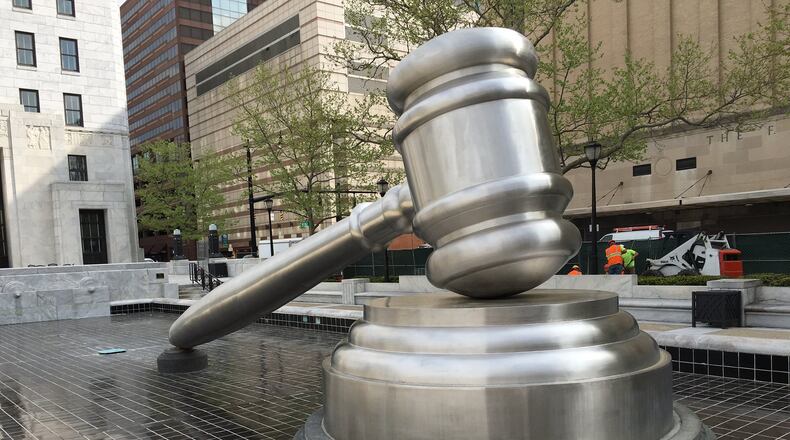Yes, journalists use these laws a lot. For example, the Dayton Daily News used the public records law to obtain data on alleged rapes and sexual assaults on eight Ohio college campuses. The investigation, based on the records, shows that complaints led to few arrests. Without a strong open records law, the newspaper never would have uncovered that information.
“Sunshine Week serves as a vital reminder that government does the public’s business and should do it openly,” Matthew T. Hall, the president of the Society of Professional Journalists, said in a statement. “Fifty-four years after the Freedom of Information Act formally required the release of most U.S. government documents and data upon request, crucially not just to media members but to all Americans, open government and transparency are as important as ever. This transparency is the pillar of an open government and society and a foundation for journalism.”
Sunshine week also highlights the roadblocks people often face when trying to get a record. The Associated Press asked governors across the country for records on how businesses and health officials may influence their decision to re-open the economy. AP, as of Sunday, still had not heard from 20 states. Eye on Ohio fought seven months to get data from the Ohio Department of Health on the number of ventilators and hospital beds for Ohio Covid patients.
And these roadblocks apply to citizens. Municipalities may try to take actions that will discourage you from obtaining records you’re entitled to. You may be asked the pay a high fee for documents or fill out a form with your name and other information. You’re not required to do either to access records.
Monica Nieporte, the president and executive director of the Ohio News Media Association, had this advice for the public. “In requesting public records, do not make the request so broad it sounds like a fishing expedition and will be a burden on the office to comply. If you know what you’re looking for, be as specific as possible and that will expedite the response.”
The Ohio Auditor has a website that lists municipalities that have violated the Sunshine Law. By typing “Montgomery County” in the search bar who you see that 31 of 91 listed entities were “non-compliant” in some way. Among the violations --- holding inappropriate executive sessions, lack of notification to the media, and lack of a public records policy.
The state’s Sunshine Law Manual is available free online. Everyone should have one because remember, this week is not just about journalists.
It’s about you and your right to know.
Ray Marcano is the interim Ideas and Voices Editor for the Dayton Daily News. Email him at raymarcanoddn@gmail.com
About the Author

